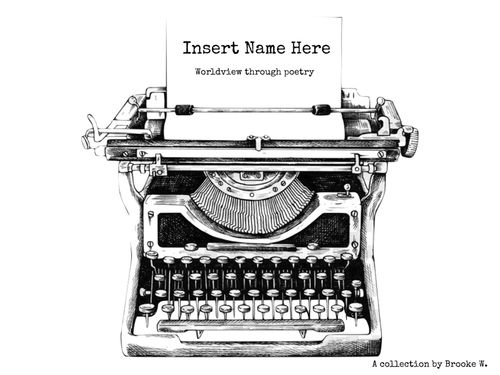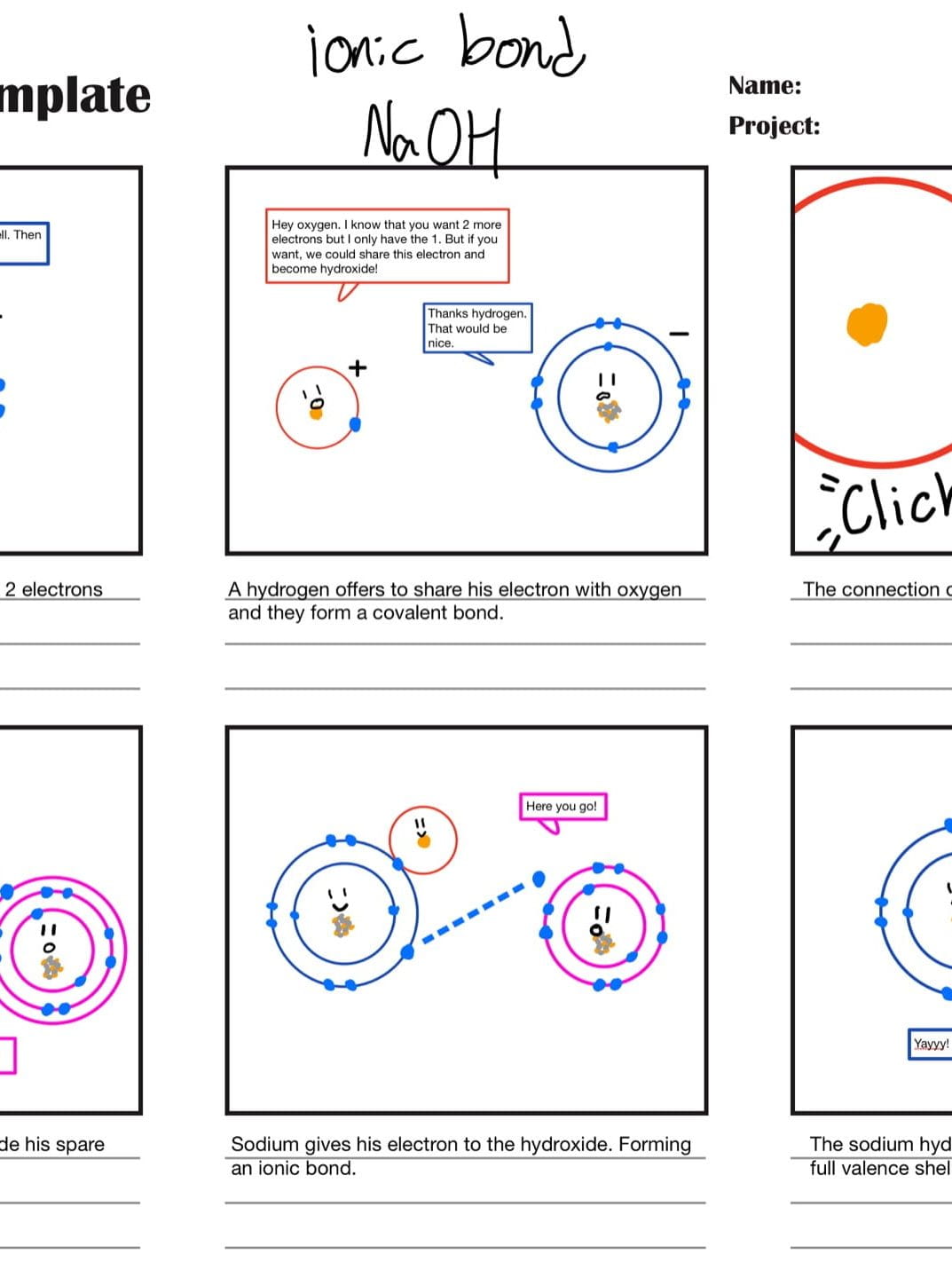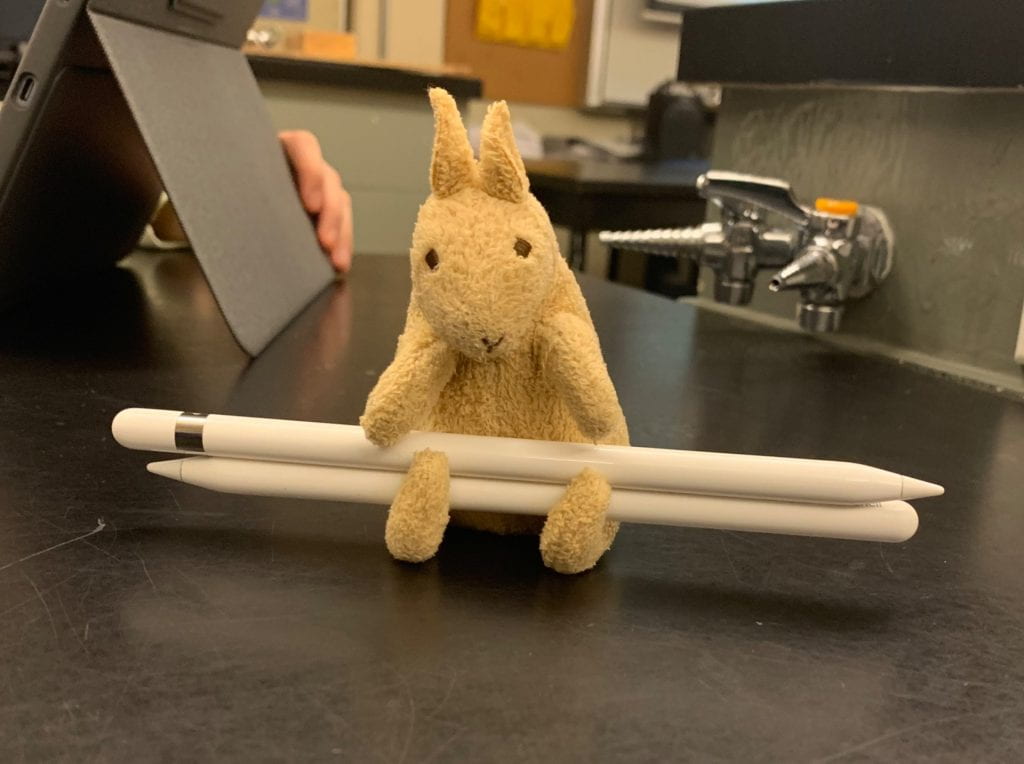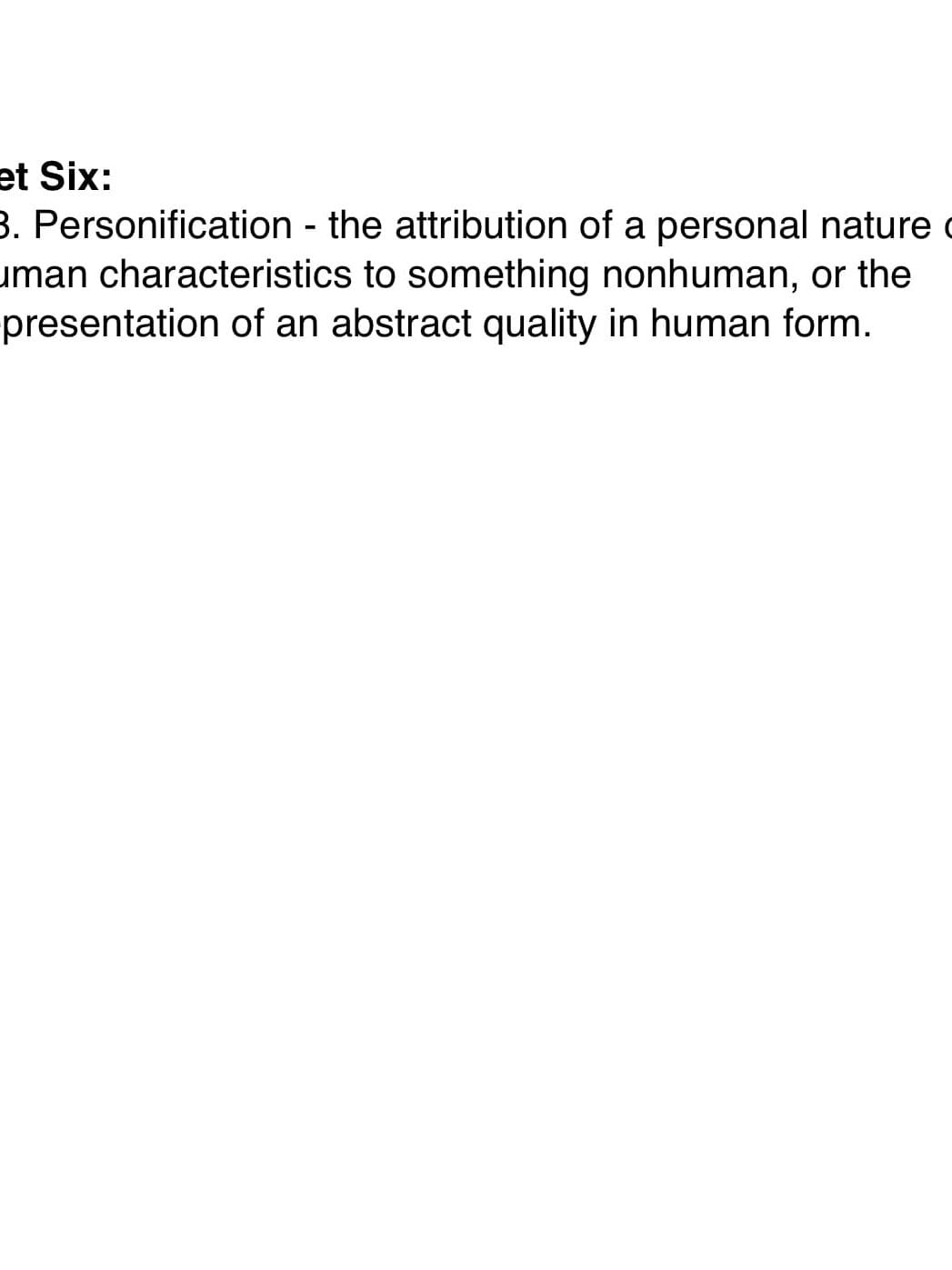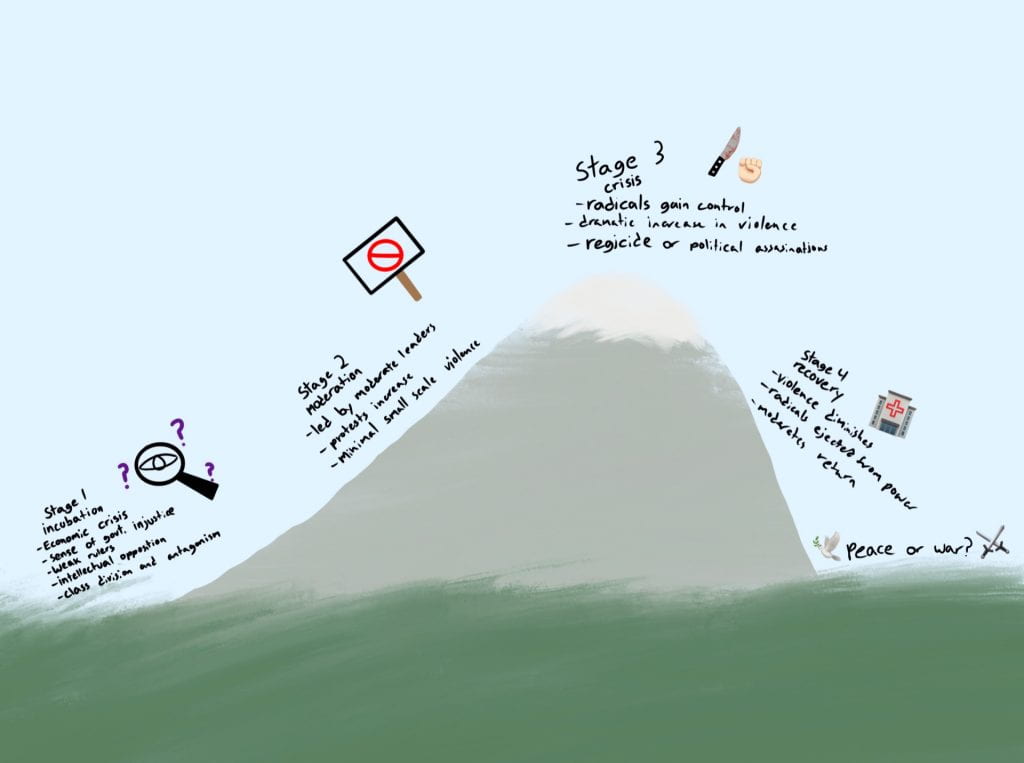Hello and welcome to my first mPOL (mid-year presentation of learning). Now normally, this would not be my first mPOL, but because we did not do them in grade 8, this will be my first one. In this mPOL, I will be answering 2 driving questions. “How have I demonstrated growth as a learner so far this year?”, and “How can I sharpen my Learning Plan to ensure I will reach my learning targets by the end of this school year?”
I shall start off with the first question.
How have I demonstrated growth as a learner so far this year?
I feel the best way to show the answer to this would be to start with the projects that I think demonstrated my best work for each class (except maker because that is next semester).
Humanities
“Working with Words”
You can check out my blog post for this project here.
I chose this project because it has been my favourite humanities project that we have done so far. Because of this, I worked hard in the project, and I am really proud of the outcome. I think I enjoyed this project the most because I love poetry and liked how we could really make this project to our own specifications and tailored to us as an individual.
I learned a lot about poetry in this project, as well as presentation skills and public speaking. This project taught me the importance of creativity, looking inward and trying to decipher who you are, and how to bounce ideas off of peers. I think during this project is when I grew most and had the most fun in school since the beginning of the year.
Scimatics
“Chemistry stories“
You can check out my blog post for this project here.
I chose this project because I think it shows my perseverance. I was struggling internally a lot during the time of this project so I am proud that I was still able to produce good quality work. I also enjoyed learning more about atoms and the processes that go into making the matter that is all around us.
How can I sharpen my Learning Plan to ensure I will reach my learning targets by the end of this school year?
Though I think that my learning plan is has good goals for me to work towards in the rest of the year, I am actually quite content with not meeting the proficiency requirements that I have set on my learning plan. Due to the recent influx of stress, I have come to the conclusion that my mental health was being damaged greatly by trying really hard for extending marks and always being 100% attentive. So yes, I would still like to get extending marks whenever I can but I am not going to be disappointed if my grades do not match what I have set on my learning plan.
Some things that I feel I have done well at that are in my learning plan would be;
- I have been using things regularly for both school and non school related tasks and it has helped me greatly.
- I have set up routines that help me focus on my homework and help me not to get discouraged.
- I have been using more positive affirmations to help me balance mental health with academics.
- I have been asking my peers/parents more often when I need clarification on concepts that I do not understand.
Some areas that I want to have more growth in by the end of the year would be;
- Asking my teachers for help when I need it.
- Give myself more time to write better reflections and responses (humanities).
- Take more notes when I think I may forget the information that if being shared. Especially when I am having a hard time being “present” in class.
- Starting homework asap so that I don’t put it off until the point where I am then rushing to get it done.
I hope you enjoyed my mPOL and I will see you again at the tPOL’s! (Transitional presentation of learning)
As always, Brooke.
